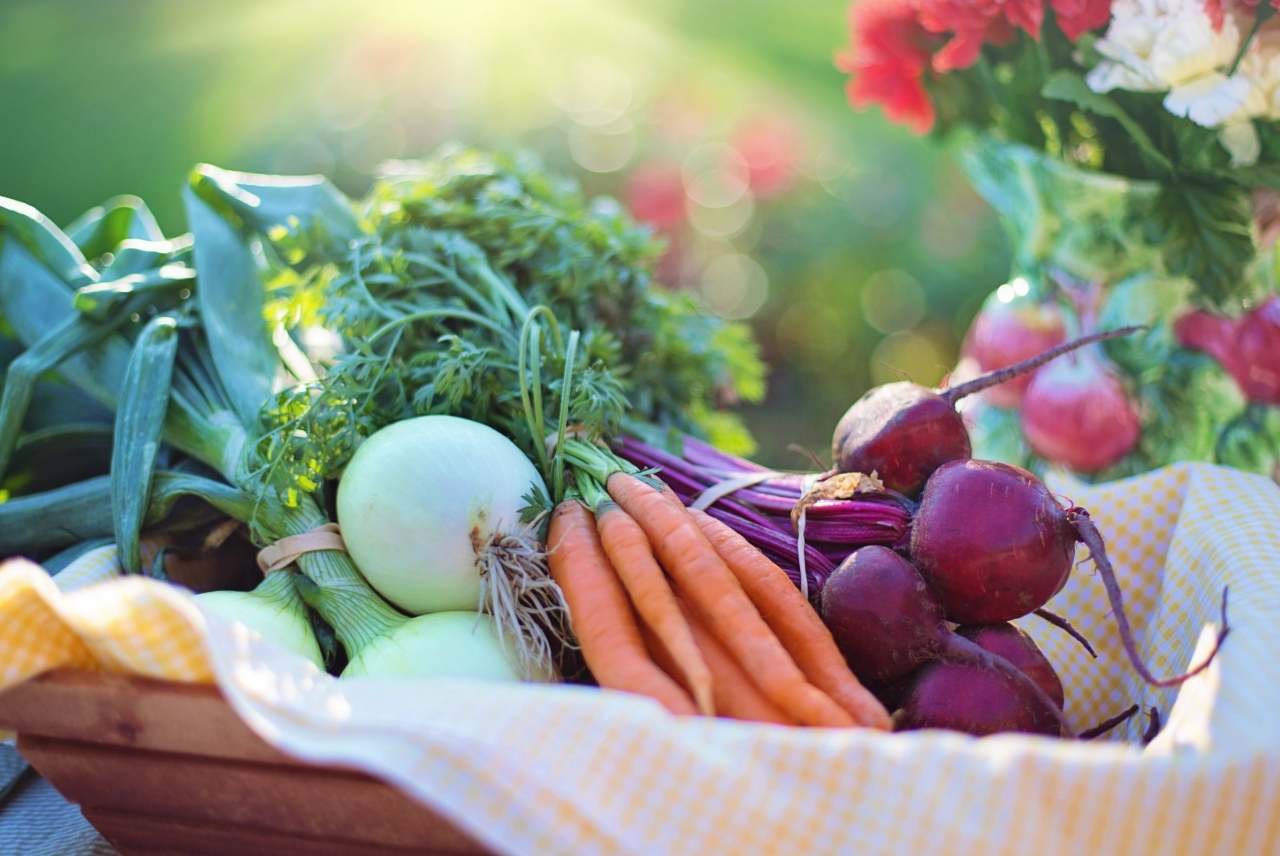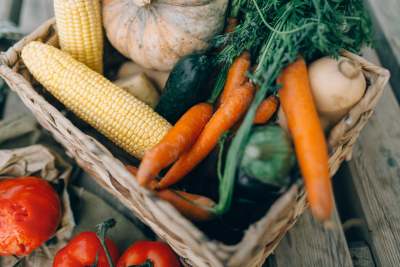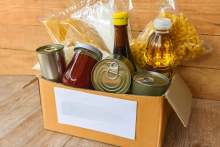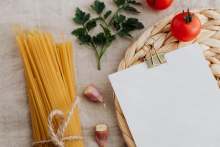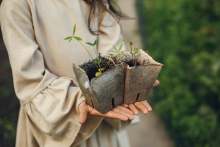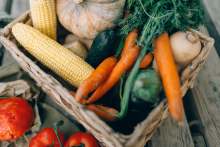What is a veg box?
A veg box is essentially what it says on the tin: a box of mixed vegetables (and some include fruit).
There are an estimated 500+ veg box schemes in the UK. They take many different forms, for example, they may offer only local veg, only organic veg, or just the cheaper wonky options that a supermarket might not otherwise sell.
In the beginning, veg boxes offered a way to make the livelihoods of small-scale organic growers more feasible. It created a direct relationship between people and where their food comes from.
This meant that more of the profit went straight to farmers and helped them build their markets. It was about reducing food miles, decentralising the market, and bringing about wider social and economic change. Most veg boxes still focus on this.
The wonky supermarket vegetable box is a different story. Launched by Asda in 2016, and more recently picked up by other chains like Morrisons, it does attempt to address mounting food waste concerns by promoting ‘ugly veg’. But it is certainly not about decentralising the market or supporting the organic movement.
The popularity of the veg box shot up at the start of the Covid-19 pandemic, with sales more than doubling.
